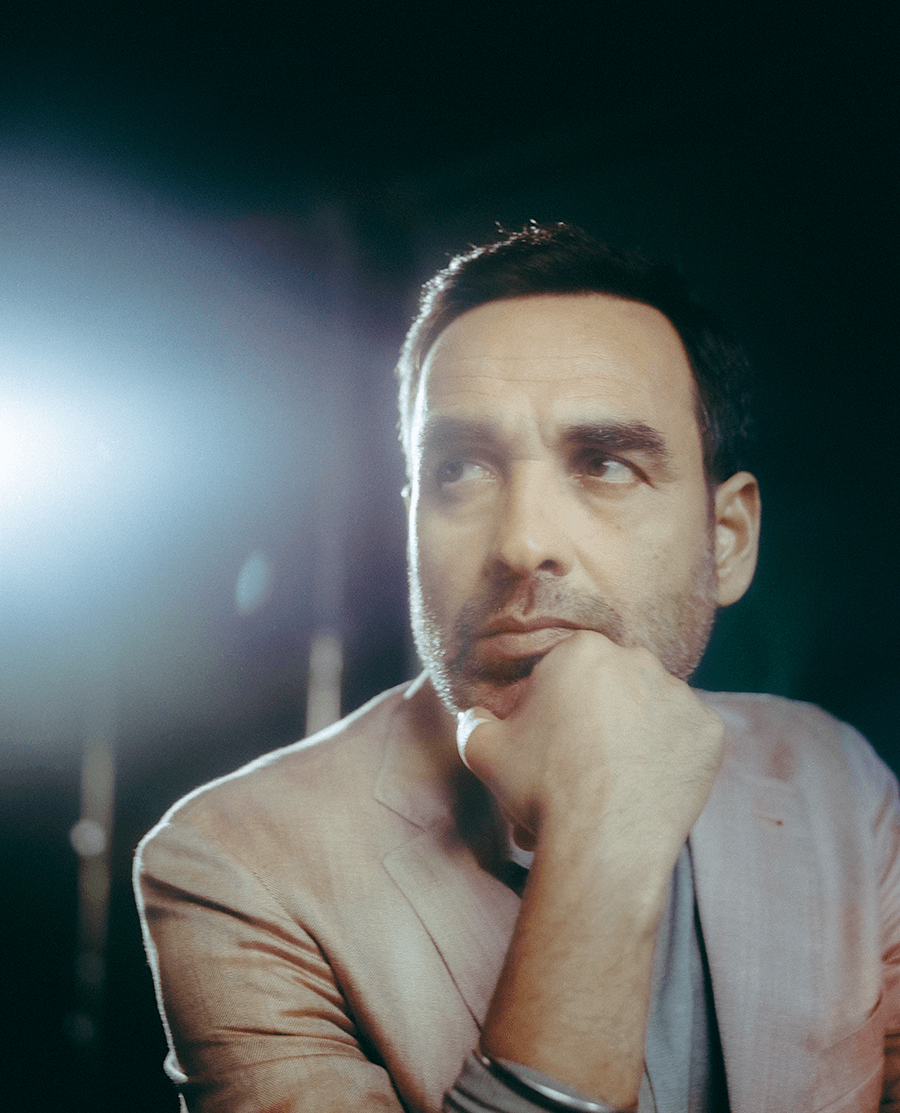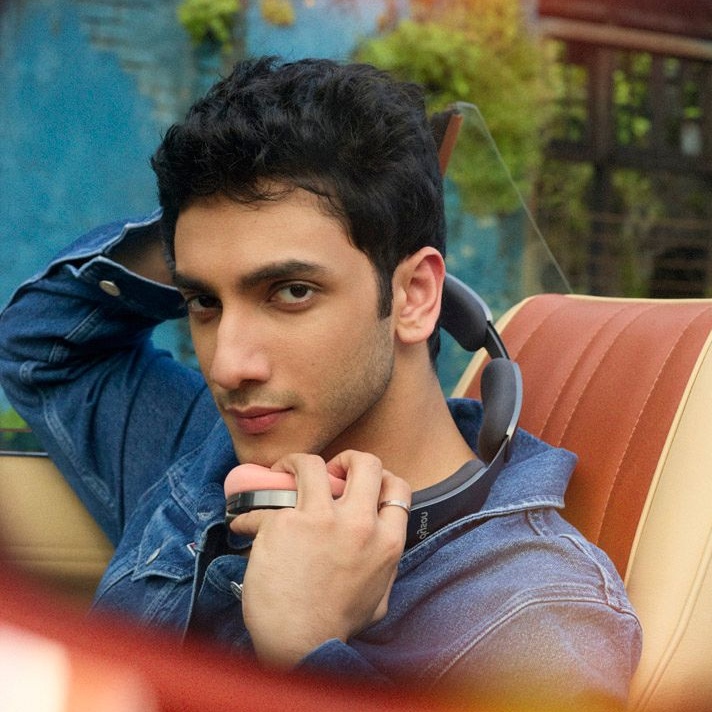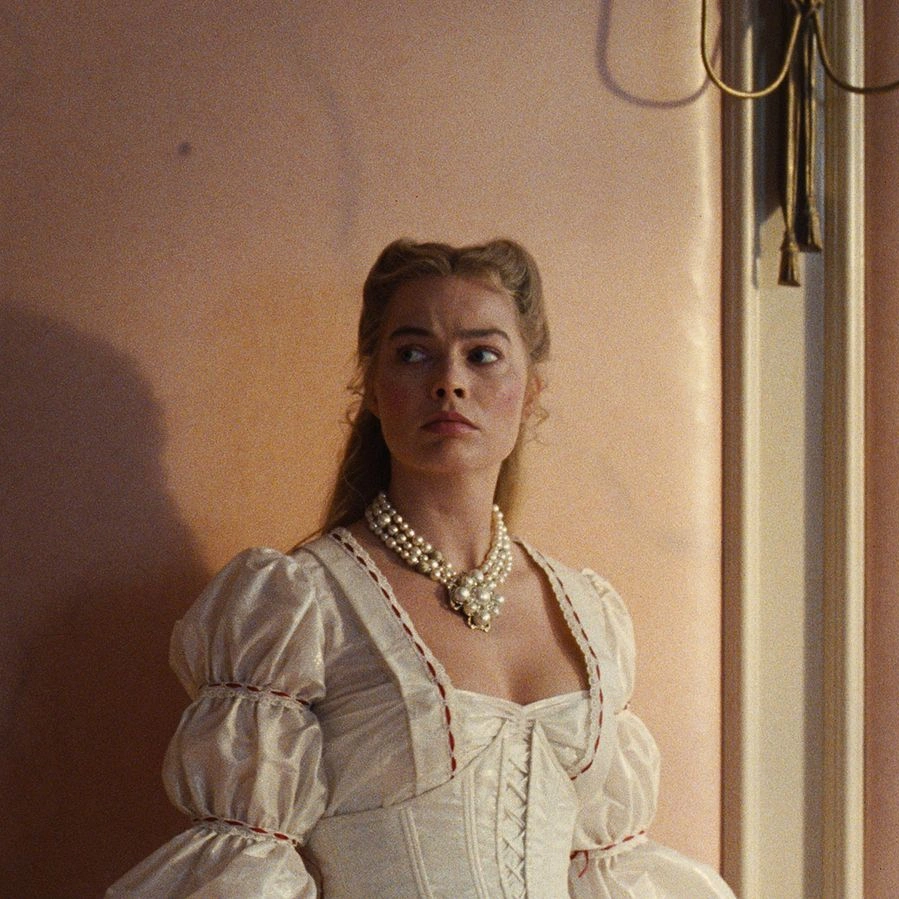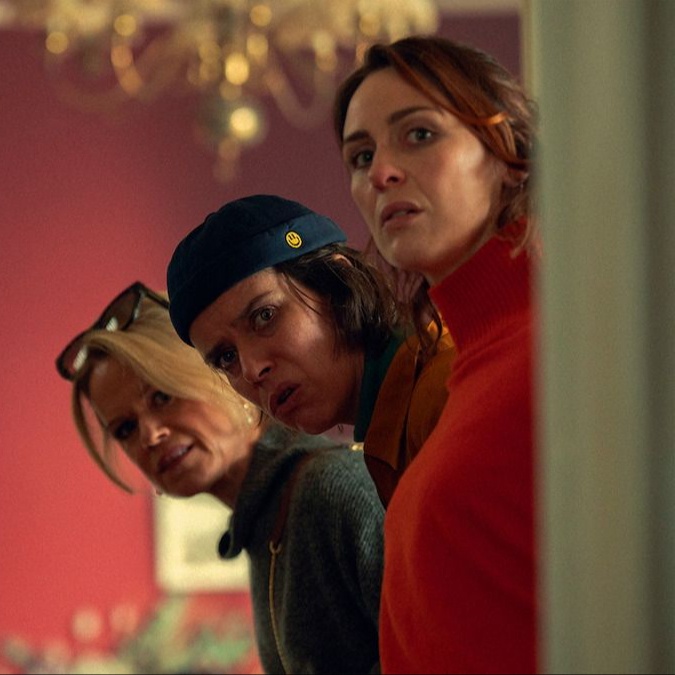If Pankaj Tripathi had a choice, he’d rarely step out of his Madh Island home.
On a breezy Mumbai afternoon, I walk into his charmingly rustic villa to find the 48-year-old actor in the middle of an impromptu photo shoot. Seated on his living room sofa in a simple green t-shirt and maroon shorts, he looks like a dad on holiday. He’s surrounded by a group of middle-aged men who take turns posing with him. He’s exceedingly polite—the two-time National Award-winning actor patiently takes direction from a bank salesman holding a camera. But you can also sense the slightest hint of discomfort in the way he tightly clutches a pillow in his lap, as if in self-protection.
Apart from the star-struck bankers, the scene here is one of cosy domesticity. Tripathi’s wife, Mridula, whom he lovingly calls Sonu, pores over some paperwork, while one of the domestic staff calls for their daughter to come downstairs with her PAN card. Clearly, no one can escape the drudgery of paperwork. Their two Labradors, Jinny and Prince, sit patiently in the kitchen, waiting for the guests to leave so they can run freely in the villa’s lush gardens. There’s no big entourage or hulking security—just a driver, who directs me indoors.
Like any cynical normie, I’m automatically sceptical of A-listers who cultivate an aura of down-to-earth humility. Dig a little deeper—the way they interact with their staff or the haunted look in their publicist’s eyes when they’re asked even a slightly uncomfortable question—and you usually discover it’s all an act. Just another role to play for obliging journalists and adoring fans. Watching this play out though, I begin to suspect that Tripathi really is what he appears to be—a genuinely nice, affable man, uninterested in the limelight and unaffected by the many trappings of fame.
He speaks in carefully measured words, whether he’s looking back at his childhood spent on a farm in Bihar’s Belsand village (his “laboratory of life”) or debating the similarities between actors and politicians (“both are performing arts, after all”). He punctuates his responses with references to Hindi literature; effortlessly erudite without crossing the line into show-off territory. At times, he sounds more like a Zen monk than a hugely successful film star, whose last project (Stree 2) broke records to become the highest-grossing Hindi film of the year. “There’s no need to fly too high when you’re successful, and there’s no need to get frustrated by failure,” he muses. “Sam-bhava mein raho, stay calm in both victory and defeat. After all, what do you really need in life? Good sleep, the company of your family, your favourite food. The rest is all mithya, illusion,” he says calmly, slowly, matter-of-factly.











